|
grammaire anglaise >
adjectifs
adjectifs / adjectifs
substantivés / adverbes
au
comparatif de supériorité
adjectif régulier
de une syllabe
(young, old, big, hot, warm, clean,
fast, smart, tough, weak, poor...)
au
comparatif de supériorité :
adjectifrégulier de 1
syllabe
+ -er
adjectif régulier en -y
de deux syllabes
(crazy, brawny, deadly...)
au
comparatif de supériorité :
Adjectifrégulier de 2
syllabes
+ transformation du y en i + -er
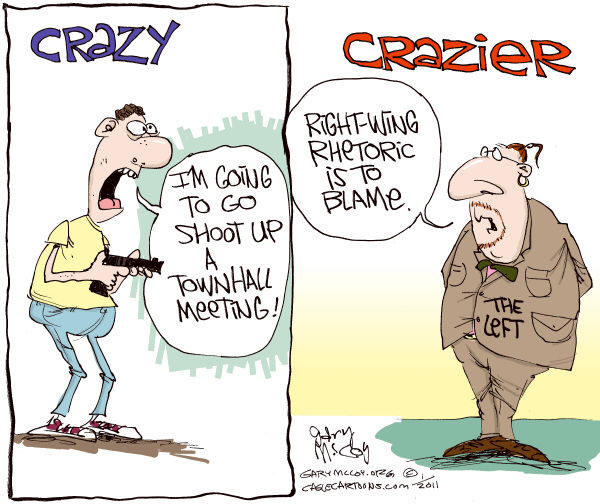
Gary McCoy
cartoon
The Suburban Journals
Illinois
Cagle
12 January 2011
L:
Jared Lee Loughner
Related
https://www.nytimes.com/topic/person/
jared-lee-loughner
adjectif irrégulier
de une syllabe
(bad)
au comparatif de supériorité :
worse
adjectif irrégulier
de une syllabe
(good)
au
comparatif de supériorité :
better

The Guardian
p. 4 24 November 2005
adjectif
de deux / trois syllabes
(secure, contagious...)
au
comparatif de supériorité :
more + adjectif
=
more secure,
more contagious
Let’s Build
a More Secure Internet
October 8,
2013
The New York Times
By ELI DOURADO
Let’s Build a More Secure Internet,
NYT, 8.10.2013,
http://www.nytimes.com/2013/10/09/
opinion/lets-build-a-more-secure-internet.html
adjectifs,
adjectifs
substantivés (= nominalisés),
et adverbes
au comparatif de supériorité
autres énoncés
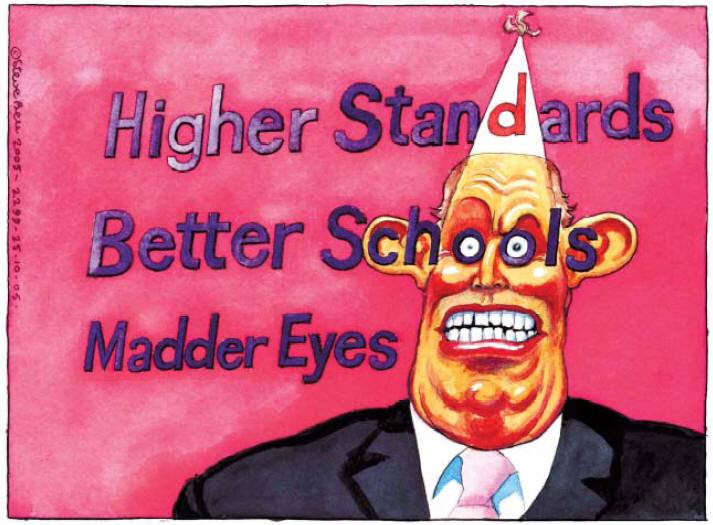
Steve Bell
The Guardian
p. 33
25
October 2005
British Prime Minister Tony Blair
https://www.theguardian.com/cartoons/stevebell/0,7371,1600122,00.html
Blair sweeps aside critics of school reform
Michael White and Matthew Taylor
G
Tuesday October 25, 2005
https://www.theguardian.com/society/2005/oct/25/
localgovernment.schools
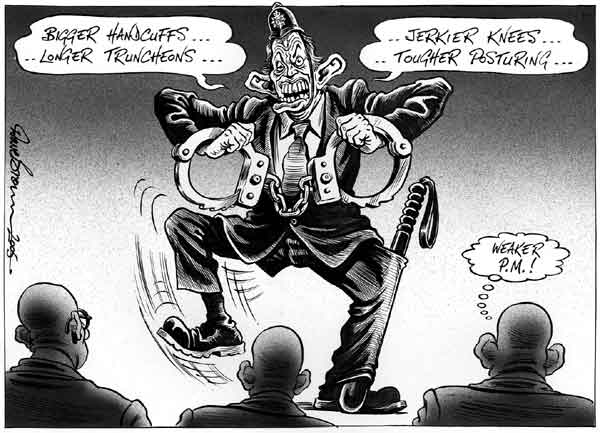
Dave Brown
The Independent
8 November 2005
Center: British Prime Minister Tony Blair.

The Guardian
p. 17 14 May 2007
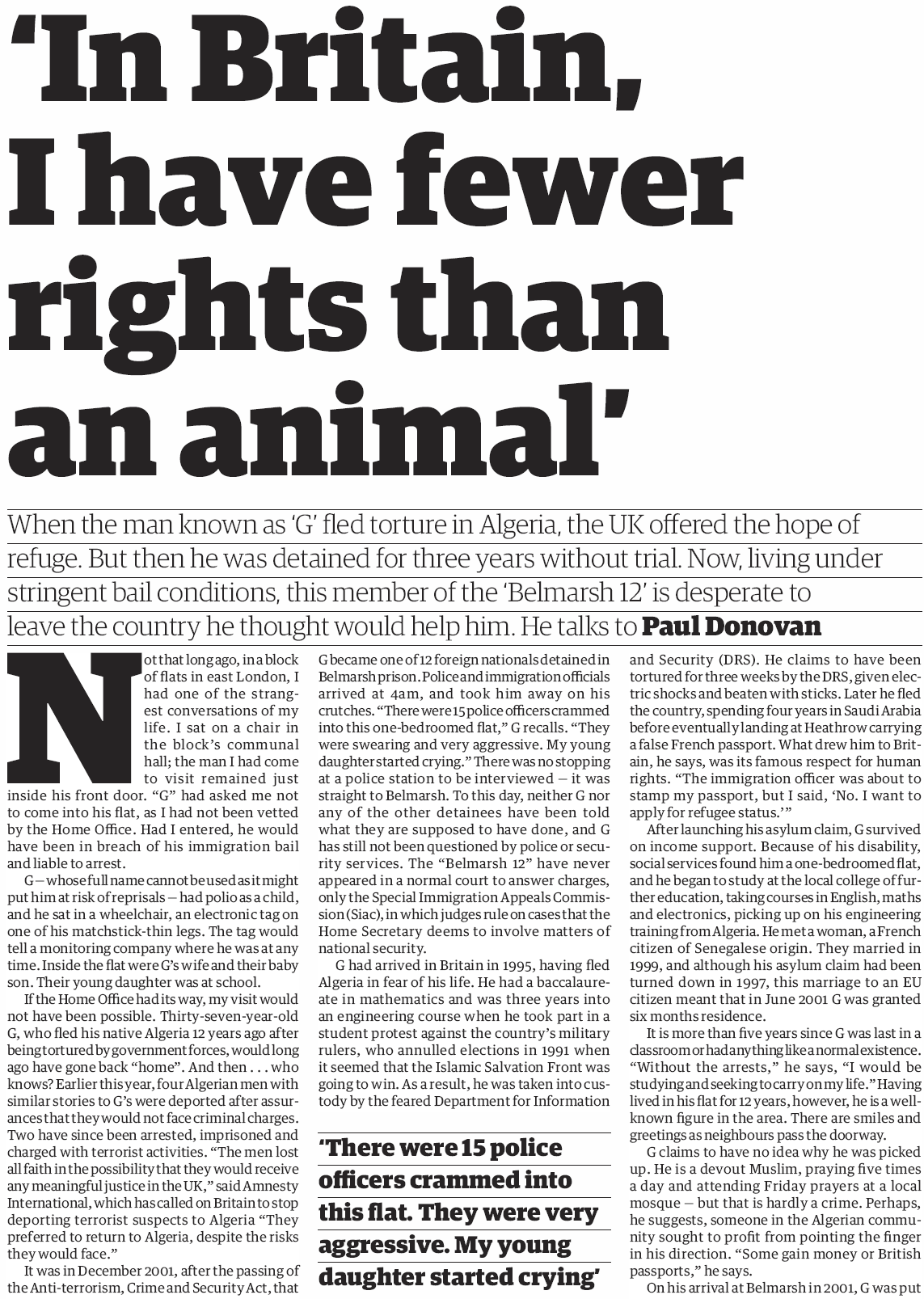
The Guardian
G2 p. 12
28 March 2007


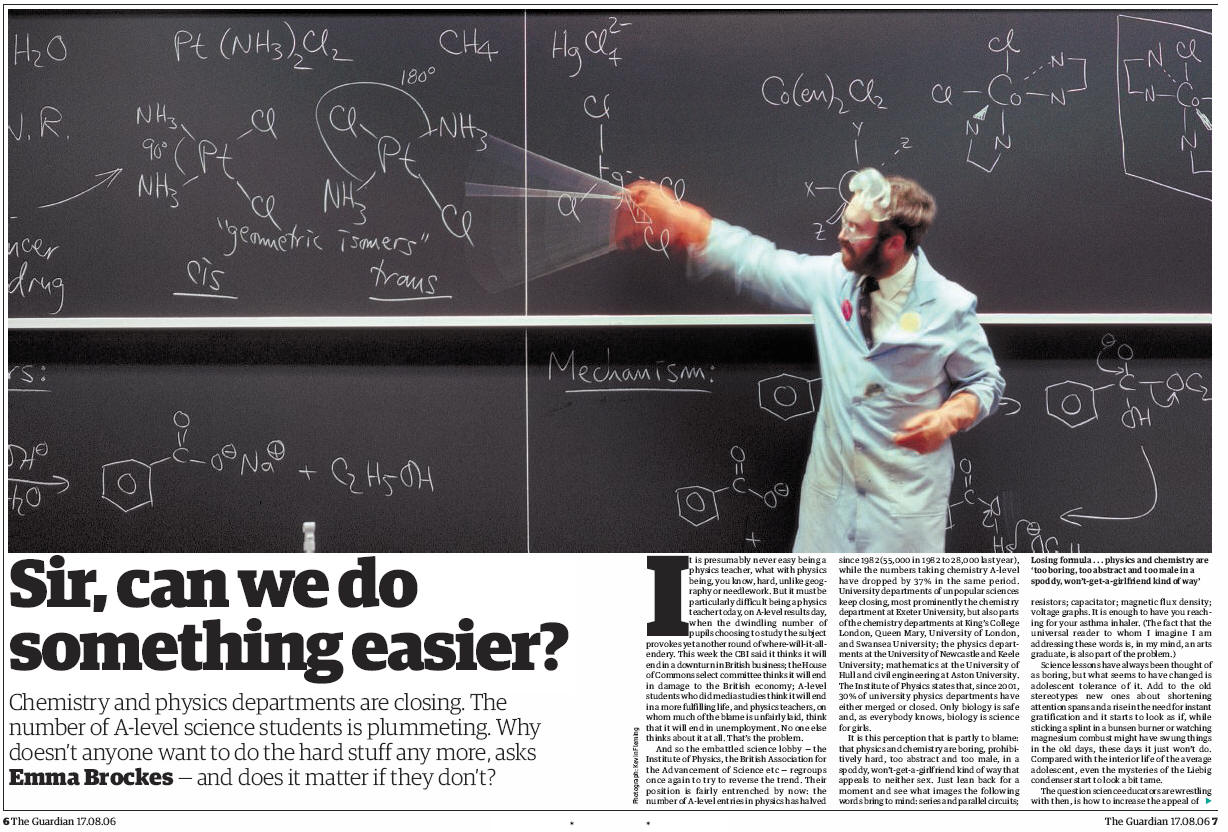
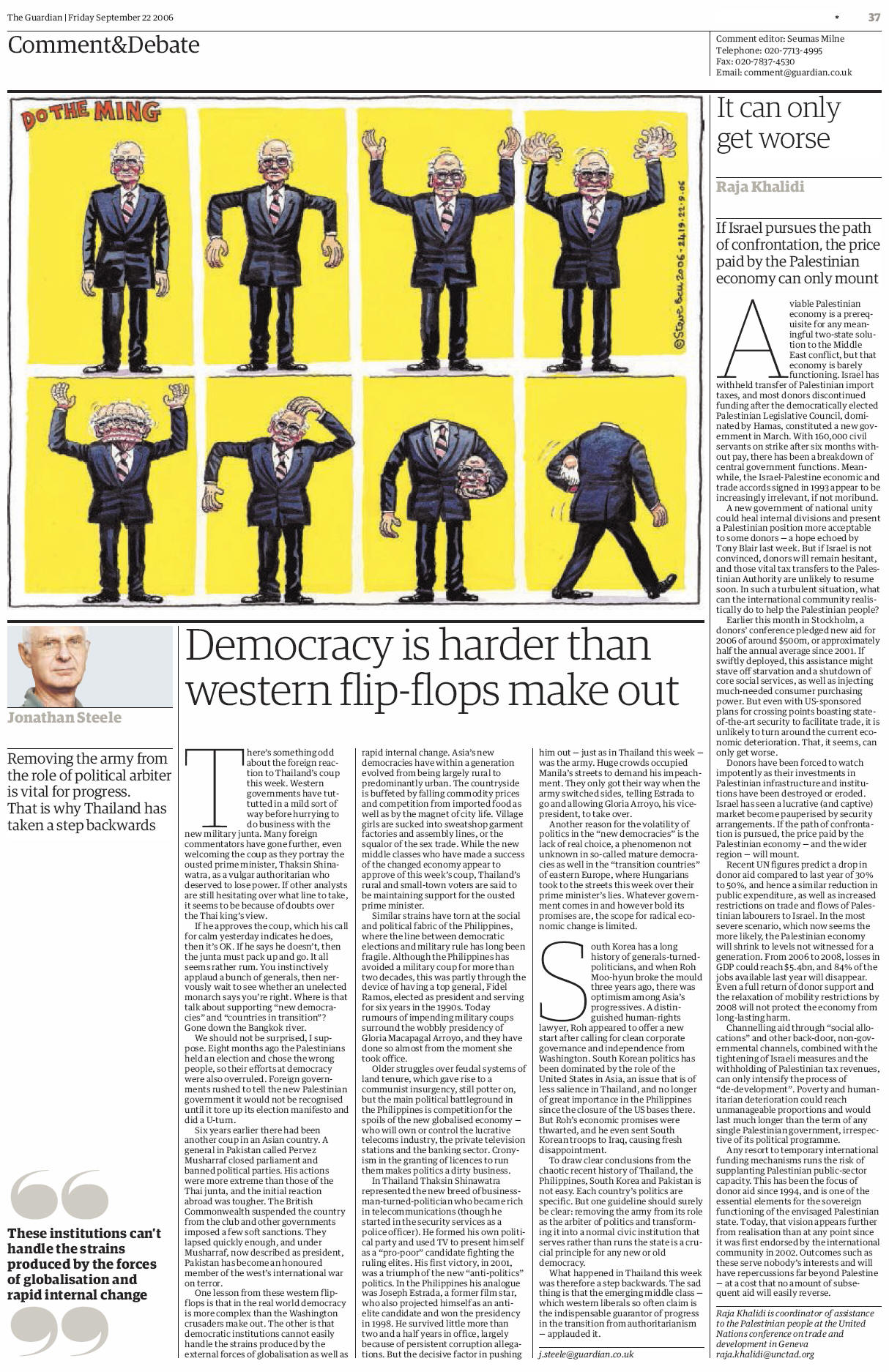

The Guardian G2
p. 8 8 September 2006
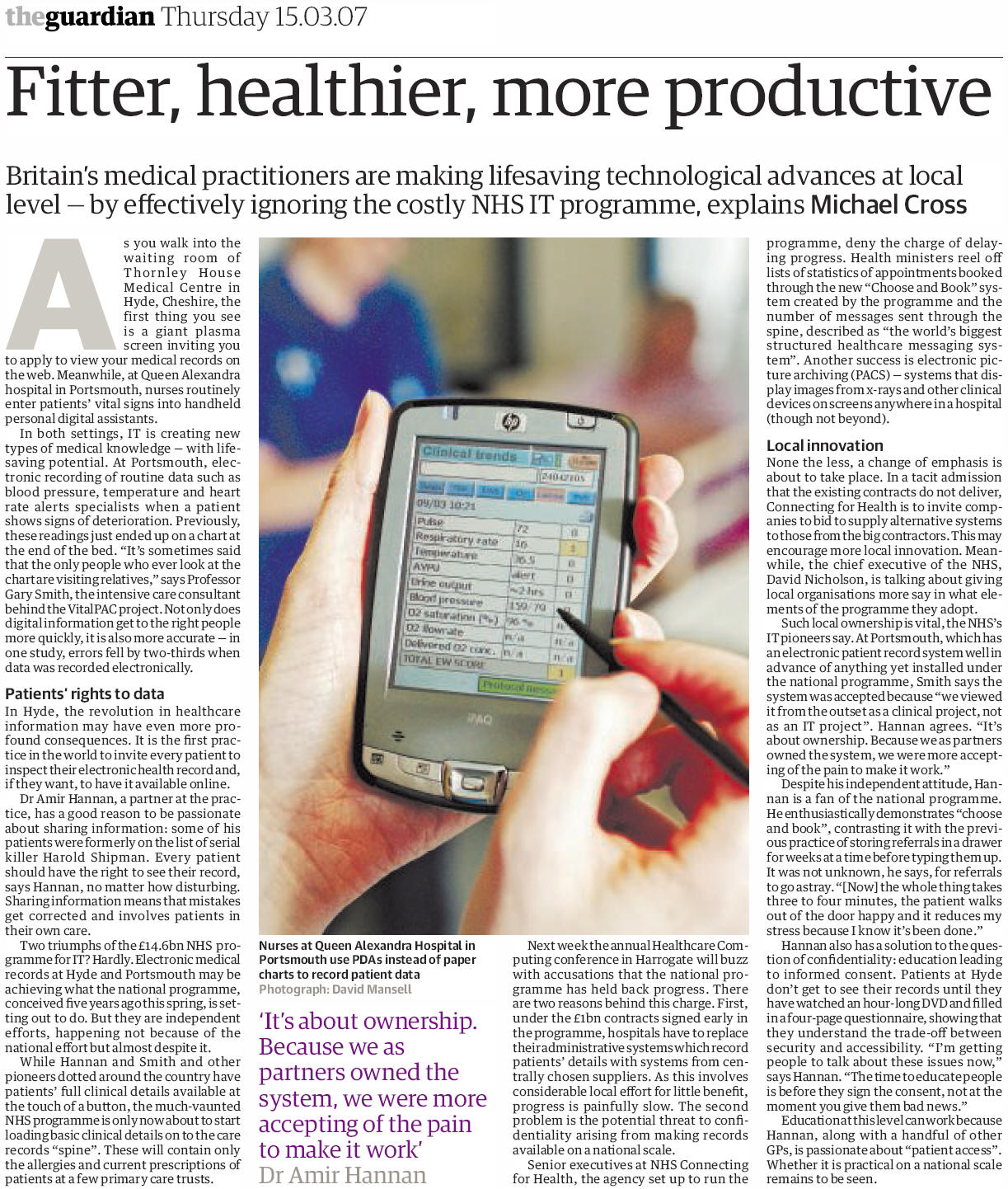
G2 p. 1
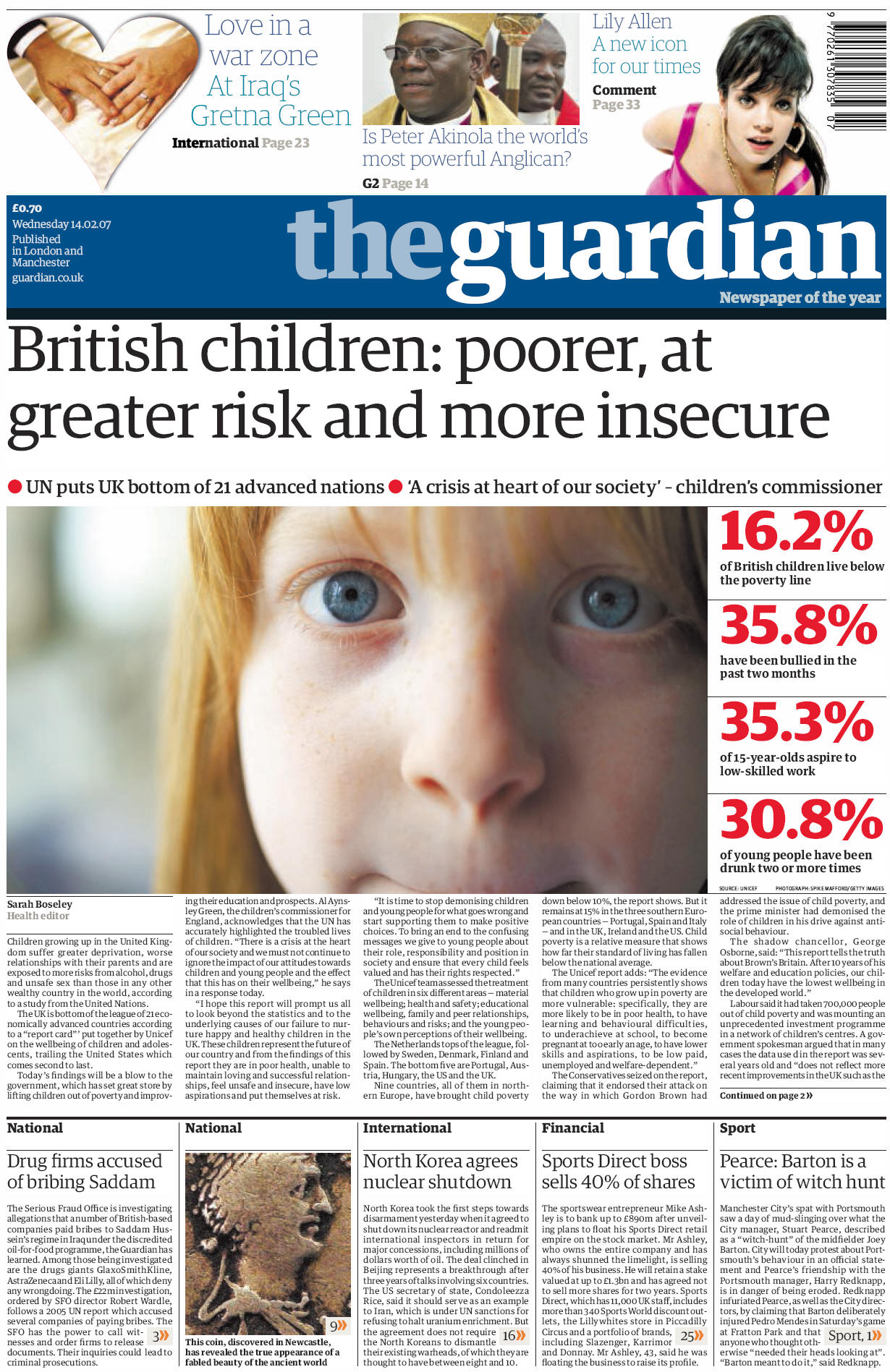

The Guardian
p. 12 7.2.2006

The Guardian
G2 p. 6
24.11.2005
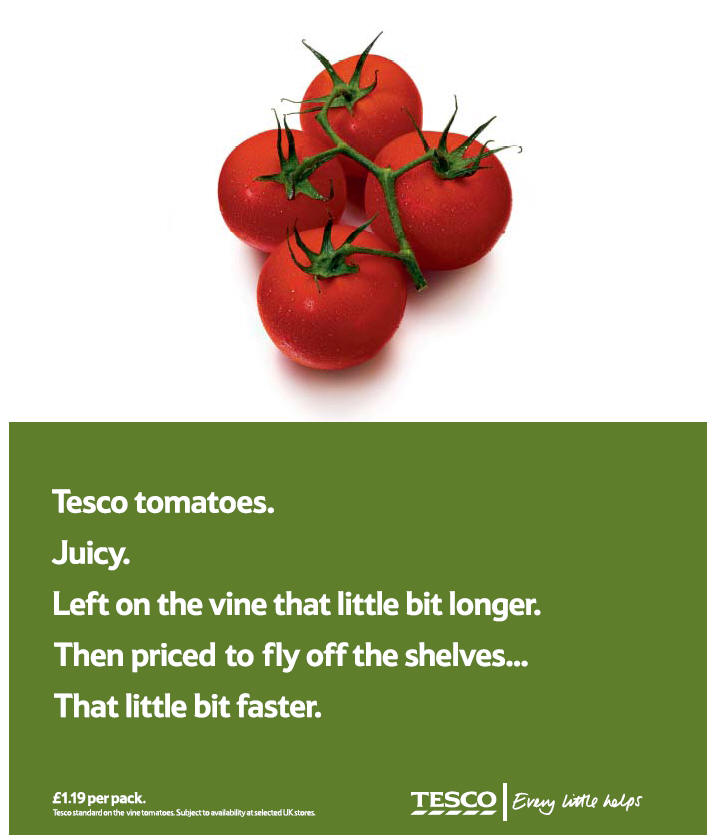
The Guardian
Weekend p. 24
22.10.2005
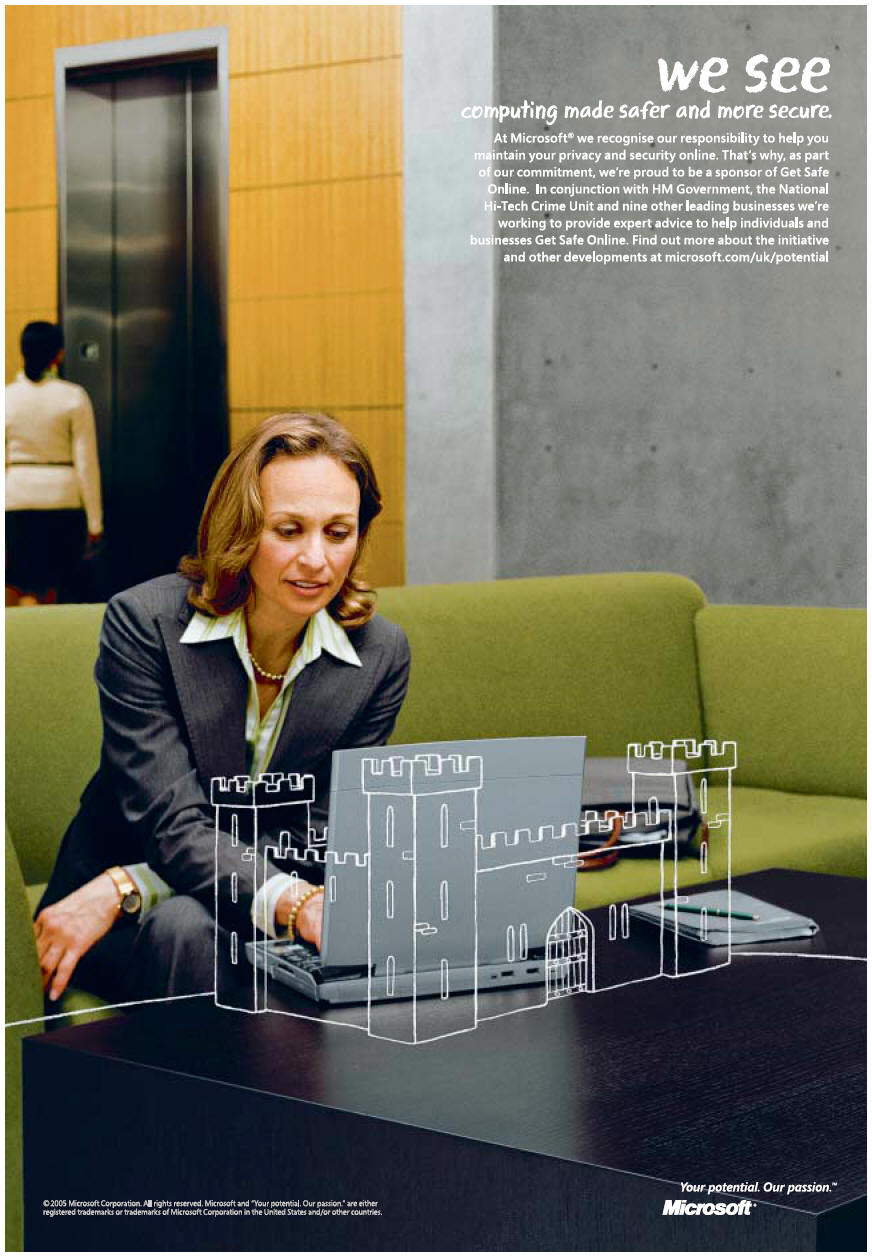
The Guardian
p. 18 14.11.2005

Guardian p. 16
28.8.2004
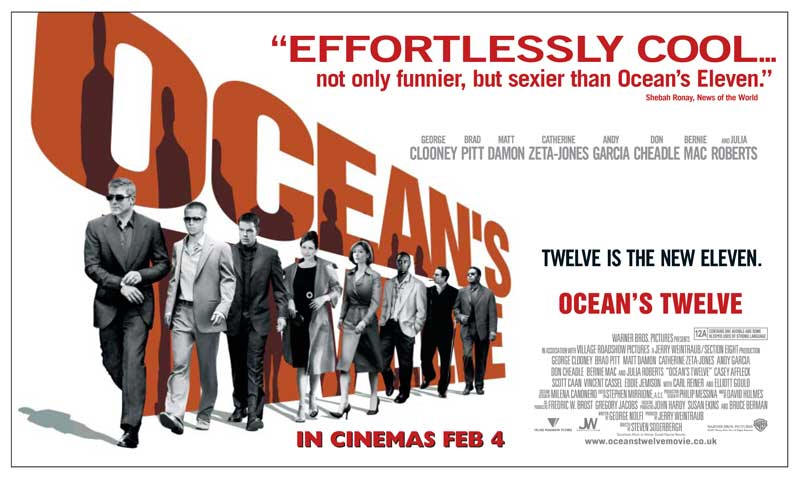
The Guardian
p. 15 28.1.2005

The Guardian p. 21
25 May 2005
http://digital.guardian.co.uk/guardian/2005/05/25/pages/brd21.shtml
Fannie and Freddie are Back,
Bigger
and Badder Than Ever
JULY 20, 2015
The New York
Times
The Opinion
Pages
Op-Ed Contributor
By BETHANY
McLEAN
AFTER the
financial crisis of 2008, there was one thing that almost everyone agreed on.
The government-sponsored mortgage giants, Fannie Mae and Freddie Mac, had to go.
While shareholders and executives reaped the profits from Fannie and Freddie in
good times, taxpayers were stuck with the bill in a crisis. President Obama
described their dysfunctional business model as “Heads we win, tails you lose.”
But here we are, seven years after the crisis, and nothing has changed.
Fannie Mae and Freddie Mac were meant to make it easier for Americans to buy
their own homes. By buying up mortgages issued by other lenders, they enabled
the lenders to make more loans. Fannie and Freddie could then package the
payments that Americans made on their home mortgages into securities to sell to
investors, from big bond funds to foreign central banks. In this way, a saver in
China financed the purchase of a home in Kansas.
In many ways, the system worked beautifully. But Fannie and Freddie accrued
tremendous power and wealth because of the primacy of housing at the center of
the American dream, combined with the perception that these loans had the full
backing of the United States government. They abused that perception. Executives
paid themselves lavish salaries, and the companies, particularly Fannie,
relentlessly lobbied Congress to keep their advantages and dodge regulations.
In the 2008 crisis, when it looked as if Fannie and Freddie might go bankrupt,
Henry M. Paulson Jr., then the Treasury secretary, argued that their fall would
cause economic catastrophe. Foreign investors, stuck with their securities,
would panic, and the mortgage market would shut down. So Fannie and Freddie were
put into something called conservatorship, and are now government controlled,
supported by a line of credit from the Treasury.
Conservatorship was supposed to be temporary — a “time out,” according to Mr.
Paulson. We were going to stabilize the companies’ finances, reduce their
importance to the mortgage market, and figure out a better system. But nothing
happened. In fact, the situation has gotten even more precarious. In the years
since the crisis, private lenders, for the most part, have been willing to make
mortgages if they can immediately sell them to government agencies, mainly
Fannie and Freddie. In other words, without Fannie and Freddie, there wouldn’t
be much of a mortgage market.
To make things worse, the government decided to “sweep” almost all the duo’s
profits into its own coffers, to be used as a slush fund for general government
expenses. As Treasury Secretary Jacob J. Lew said in congressional testimony
this spring, “As a practical matter it’s what has helped us reduce our overall
deficit.” If there is another downturn in the real estate market and Fannie and
Freddie suffer losses on their some $5 trillion in outstanding securities,
taxpayers will again have to foot the bill. Jim Parrott, a senior adviser with
the National Economic Council in the Obama administration and now a fellow at
the Urban Institute, wrote that the current system was “the worst of all worlds:
It attracts too little private capital, provides too little mortgage credit, and
still poses too much risk to the taxpayer.”
There has been one serious attempt to get rid of Fannie and Freddie, a
bipartisan bill sponsored by Senators Bob Corker (Republican of Tennessee) and
Mark Warner (Democrat of Virginia) that did not make it out of the Senate.
But is it really practical to kill Fannie and Freddie? We as a society want much
of what they provide, which is relatively consistent access, through good times
and bad, for a wide section of society, to a 30-year fixed-rate mortgage.
Critics argued that the Corker-Warner plan would essentially turn the mortgage
market over to the big banks, and lead to fewer loans at higher rates.
At a time of economic uncertainty, when income inequality is a major issue, it
is also not a great thing for social cohesion to require those at the lower end
of the income scale to start paying far higher rates for their mortgages than
those at the upper end, which most analysts agree would be the case if purely
private capital financed the mortgage market.
If we can’t do any better, isn’t it time to fix what we have and ease Fannie and
Freddie out of conservatorship? The first step is to stop sending all their
dividends to the Treasury. That would allow them to start rebuilding capital,
eventually to a level substantially higher than what they were allowed to
operate with before the crisis. Then, let’s devise a tighter regulatory
structure, one that limits the businesses in which Fannie and Freddie can
operate, limits the incentives of their management teams to take risk, and
limits their ability to lobby. We could cap the returns to shareholders, as
utilities do.
Franklin D. Raines, Fannie’s former chief executive, suggests structuring them
like mutual insurance companies, which are owned by their policyholders, who
would in this case be homeowners, rather than shareholders. A guarantee fund,
modeled after the Federal Deposit Insurance Corporation, could support the
companies in times of stress as the F.D.I.C. does banks. It would not be
perfect. But if the alternative is doing nothing, it’s a whole lot better than
that.
Bethany McLean is the co-author of “The Smartest Guys in the Room” and author of
the forthcoming book “Shaky Ground: The Strange Saga of the U.S. Mortgage
Giants.”
A version of this op-ed appears in print on July 20, 2015, on page A19 of the
New York edition with the headline: Our Doddering Mortgage Zombies.
Fannie and
Freddie are Back, Bigger and Badder Than Ever,
NYT,
JULY 20, 2015,
http://www.nytimes.com/2015/07/20/opinion/
fannie-and-freddie-are-back-bigger-and-badder-than-ever.html
Let’s Build
a More Secure Internet
October 8,
2013
The New York Times
By ELI DOURADO
ARLINGTON,
Va. — CAN we ever trust the Internet again?
In the wake of the disclosures about the National Security Agency’s surveillance
programs, considerable attention has been focused on the agency’s collaboration
with companies like Microsoft, Apple and Google, which according to leaked
documents appear to have programmed “back door” encryption weaknesses into
popular consumer products and services like Hotmail, iPhones and Android phones.
But while such vulnerabilities are worrisome, equally important — and because of
their technical nature, far less widely understood — are the weaknesses that the
N.S.A. seems to have built into the very infrastructure of the Internet. The
agency’s “upstream collection” capabilities, programs with names like Fairview
and Blarney, monitor Internet traffic as it passes through the guts of the
system: the cables and routers and switches.
The concern is that even if consumer software companies like Microsoft and
telecommunications companies like AT&T and Verizon stop cooperating with the
N.S.A., your online security will remain compromised as long as the agency can
still take advantage of weaknesses in the Internet itself.
Fortunately, there is something we can do: encourage the development of an “open
hardware” movement — an extension of the open-source movement that has led to
software products like the Mozilla browser and the Linux operating system.
The open-source movement champions an approach to product development in which
there is universal access to a blueprint, as well as universal ability to modify
and redistribute the blueprint. Wikipedia is perhaps the best-known example of a
product inspired by the movement. Open-source advocates typically emphasize two
kinds of freedom that their products afford: they are available free of charge,
and they can be used and manipulated free of restrictions.
But there is a third kind of freedom inherent in open-source systems: the
freedom to audit. With open-source software, independent security experts can
scrutinize the code for vulnerabilities — whether accidentally or intentionally
introduced. The more auditing by the programming masses, the better the
security. As the open-source software advocate Eric S. Raymond has put it,
“given enough eyeballs, all bugs are shallow.”
Perhaps the greatest open-source success story is the Internet itself — at least
its “soft” parts. The Internet’s communications protocols and the software that
implements them are collaboratively engineered by loose networks of programmers
working outside the control of any single person, company or government. The
Internet Engineering Task Force, which develops core Internet protocols, does
not even have formal membership and seeks contributions from developers all over
the world.
But the problem is that the physical layer of the Internet’s infrastructure —
the hardware that transmits, directs and relays traffic online, as well as its
closely knit software (or “firmware”) — is not open-source. It is made by
commercial computing companies like Cisco, Hewlett-Packard and Juniper Networks
according to proprietary designs, and then sold to governments, universities,
private companies and anyone else who wants to set up a network.
There is reason to be skeptical about the security of these networking products.
The hardware firms that make them often compete for contracts with the United
States military and presumably face considerable pressure to maintain good
relations with the government. It stands to reason that such pressure might lead
companies to collaborate with the government on surveillance-related requests.
Because these hardware designs are closed to public scrutiny, it is relatively
easy for surveillance at the Internet’s infrastructural level to go undetected.
To make the Internet less susceptible to mass surveillance, we need to recreate
the physical layer of its infrastructure on the basis of open-source principles.
At the moment, the open hardware movement is limited mostly to hobbyists —
engineers who use the Internet to collaboratively build “open” devices like the
RepRap 3D printer. But the Internet community, through a concerted effort like
the one that currently sustains the Internet’s software architecture, could also
develop open-source, Internet-grade hardware. Governments like Brazil’s that
have forsworn further involvement with American Internet companies could adopt
such nonproprietary equipment designs and have them manufactured locally, free
from any N.S.A. interference.
The result would be Internet infrastructure, both hardware and software, that
was 100 percent open and auditable.
But never, of course, 100 percent secure. The N.S.A. could still try to exploit
the Internet’s open hardware. And of course, open hardware would do little to
prevent the government from reading e-mail if it still had the cooperation of
companies like Microsoft or Google. Open hardware is not a panacea.
Still, open hardware would at a minimum make the N.S.A.’s Internet surveillance
efforts more difficult and less effective. And it would increase the difficulty
of surveillance not just for the N.S.A. but also for foreign governments that
might otherwise piggyback on N.S.A.-introduced security vulnerabilities.
A 100 percent open-infrastructure Internet — a trustworthy Internet — would be
an important step in the empowerment of individuals against their governments
the world over.
Eli Dourado is
a research fellow
with the
technology policy program
at the
Mercatus Center at George Mason University.
Let’s Build a More Secure Internet,
NYT, 8.10.2013,
http://www.nytimes.com/2013/10/09/
opinion/lets-build-a-more-secure-internet.html
Tony Blair last night shrugged off a rise in inflation
to its highest level in
almost seven years
as the City raised the spectre of an increase in interest
rates
immediately after the election.
With Labour making the
economy the central thrust
of its campaign for a third term,
the prime minister
played down
the impact of dearer air fares,
more expensive food
and
costlier petrol.
Blair brushes off jump in
inflation:
Foreign travel, food and oil prices point to May rate rise, G,
20.4.2005,
http://money.guardian.co.uk/interestrates/story/0,6453,1463775,00.html
Insurgents Using
Bigger, More Lethal Bombs,
U.S. Officers Say
Headline, NYT, 4.8.2005,
https://www.nytimes.com/2005/08/04/
world/middleeast/insurgents-using-bigger-
more-lethal-bombs-us-officers-say.html
With Labour making the
economy
the central thrust of its campaign for a third term,
the prime minister
played down the impact of dearer air fares,
more expensive food and costlier
petrol.
Climate change a
greater threat than terror
- Lib Dems
Headline, G, 21.9.2004,
https://www.theguardian.com/environment/2004/sep/21/
society.libdems2004
WASHINGTON (Reuters) -
The U.S. economy grew much more
slowly
than previously thought
in the first quarter
and inflation
was higher,
a government report showed on Friday.
Quarterly
Growth Slashed, Inflation Up, R, 25.6.2004,
http://www.reuters.com/newsArticle.jhtml;jsessionid=
IYDGUWZJCJT5WCRBAEKSFFA?type=businessNews&storyID=5519060
Make your escape with a Virgin value fare.
There are thousands to choose from on our west coast routes
when you buy at
least 14, 7 or 3 days in advance.
Other fares are available for immediate travel
but the earlier you buy the better the deal.
Catch them while you can.
Catch
the next train out, Virgin ad, GI, p. 9, 26.6.2003.
Wall Street bulls held this as an article of
faith:
computers inspire us to work better, smarter,
faster.
Headline, Mystery
solved, p. 18, N, 29.1.2001.
Set up a detailed job search
then save your
preferences for next time
to
make job-hunting quicker and easier.
www.guardian.co.uk/jobs ad, GI /
Review, p.22, 14.6.2003.
The talented Tom Ripley is back.
Older.
Wiser. More dangerous.
Ripley's Game ad, p. 3, 30.5.2003.
"It will turn cooler, cloudier
and wetter for a few days,
but another area of high pressure
will return
by the end of the week."
Sunniest March for 40 years, GE, p. 5, 1.4.2003.
'This campaign will make us safer;
it has the potential of making the world freer,
justifying our
hopes.'
Let's
finish off Saddam, GE, p. 7, 7.3.3003.
As the United States readies for a possible
conflict in Iraq,
many of the star weapons from the Persian Gulf war of 1991
are
back and deadlier than ever.
The smart bombs
are smarter.
The stealth planes are sneakier.
Even the ground troops are
better equipped
than they were a dozen years ago.
Weapons Take Aim At Enemy's Circuitry, NYT/Le Monde, 2/3.3.2003.
Seize opportunities when they arise.
Leave
whenever you want.
Get there faster.
Get home sooner.
Netjets ad, E,
30.11.2002.
Everyone knows Linux costs less
Now it's faster and more reliable too.
Oracle ad, E,
30.11.2002.
Life's becoming even easier than ever before
thanks to the intelligent networking
of digital products
from LG.
LG
ad, E, 30.11.2002.
As you get older,
your health
continues
to be vital to your everyday life.
Bupa ad, E,
30.11.2002.
For more than fifty years,
our leadership in
building airplanes
that fly faster and farther
has helped
Boeing connect continents
and cultures around the world.
And today, with new
extended range models
of the 747, 757, 767 and 777,
that leadership
has never been
greater.
Which means the distance between any two places
in
the world has never been shorter.
Boeing ad, E, 30.11.2002.
Related > Anglonautes >
Grammaire
anglaise explicative
- niveau avancé
adjectifs
Related > Anglonautes > Learning
>
Grammaire
explicative
en BD - niveau débutant / révisions
adjectif au
comparatif de supériorité
|